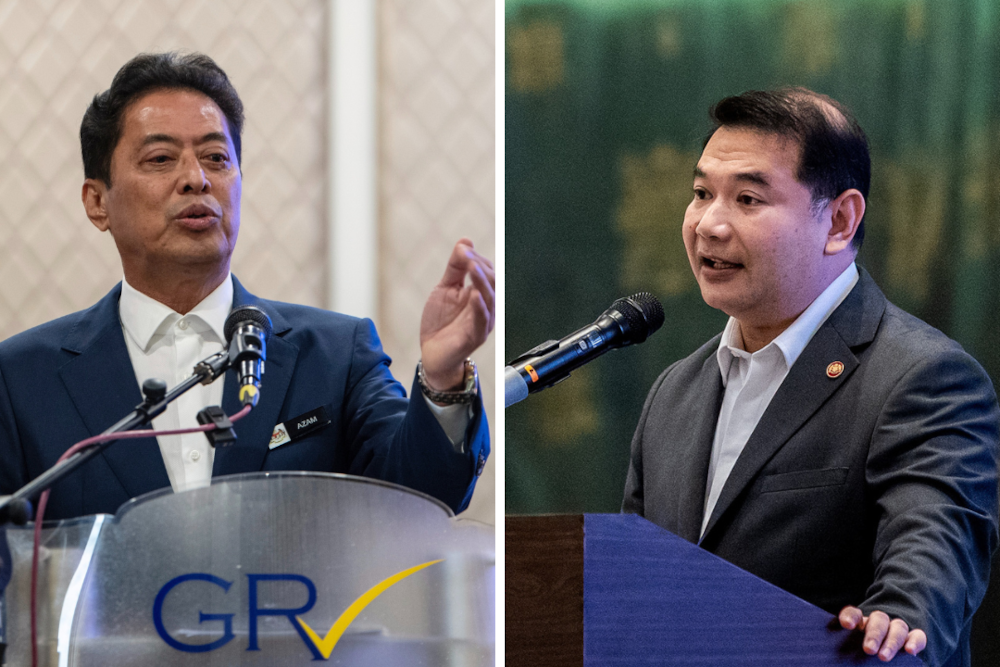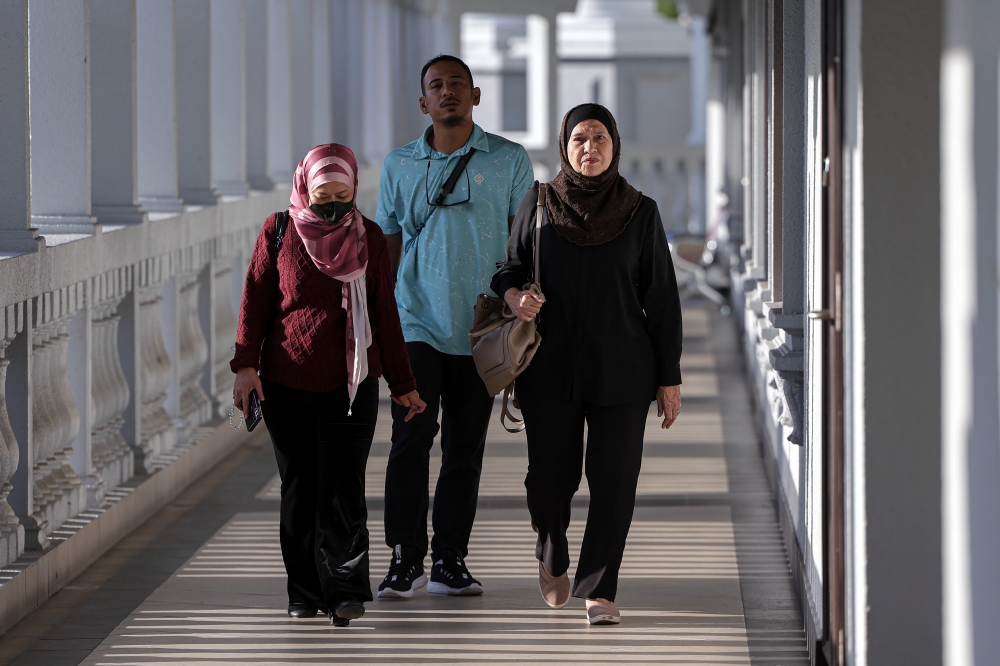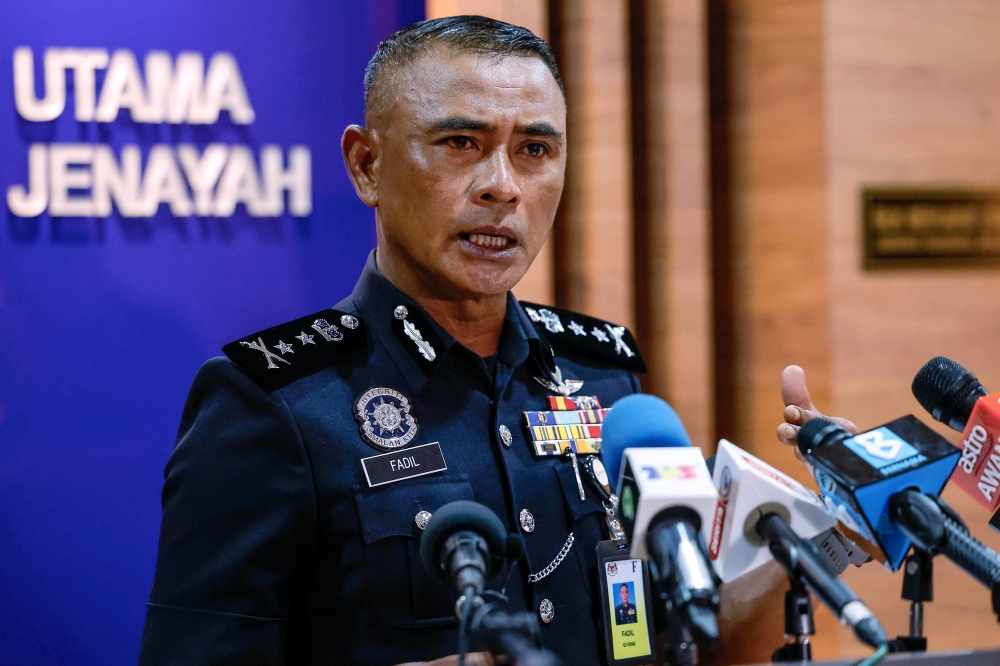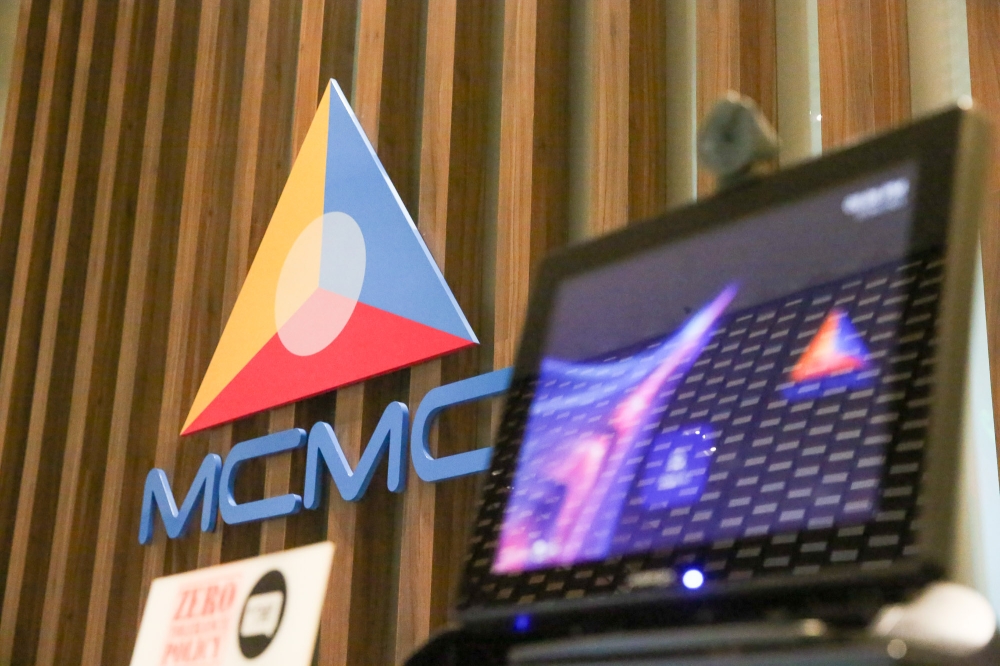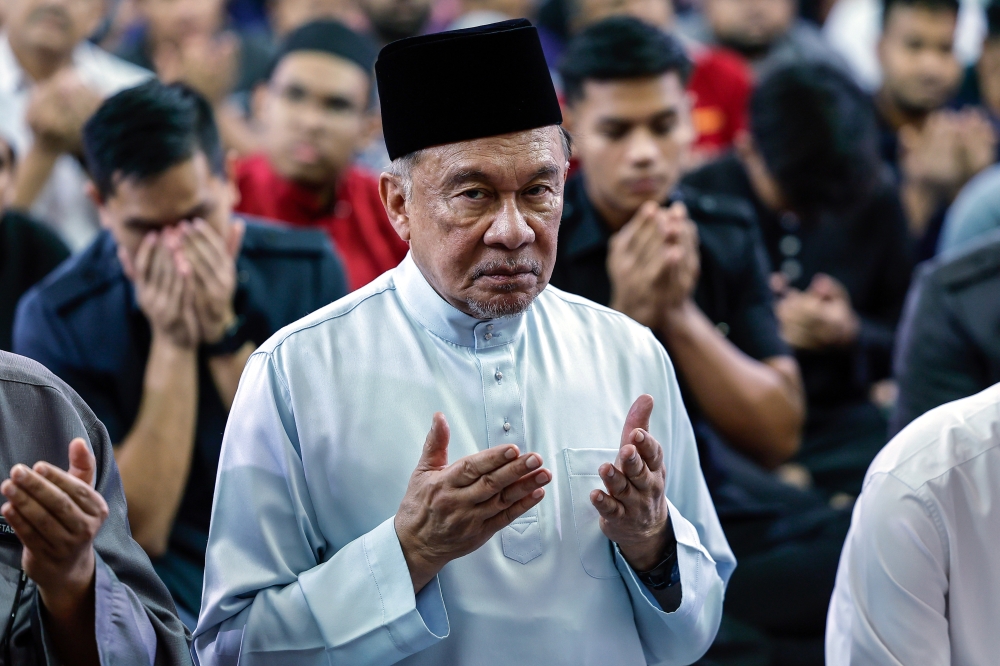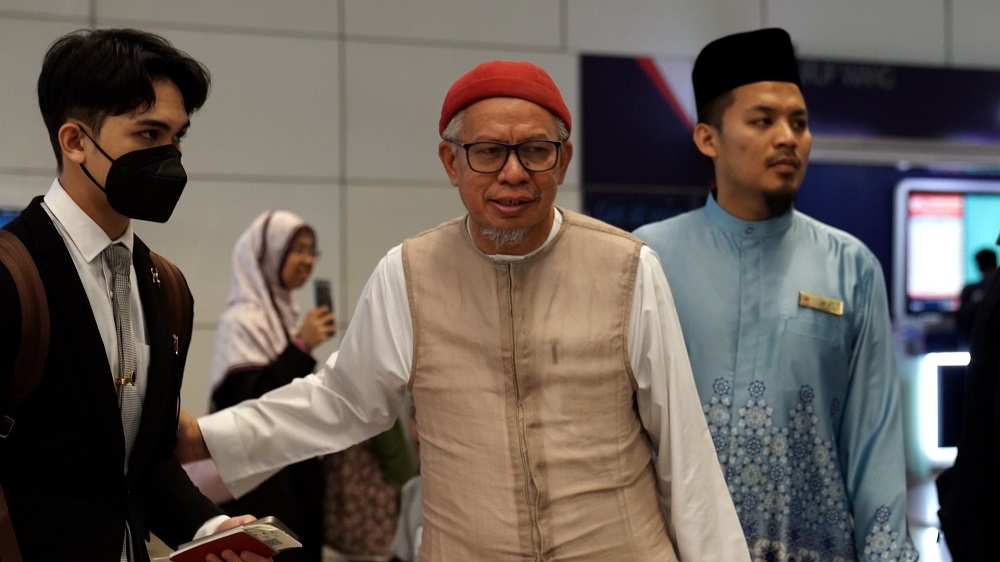KUALA LUMPUR, Sept 24 — The Federal Territories Islamic Religious Council (Maiwp) could consider reviewing its existing guidelines when deciding on whether to give scholarships to those who are striving “in the cause of Allah” but who are not needy, Minister in the Prime Minister’s Department (Religious Affairs) Datuk Mohd Na’im Mokhtar said today.
Under Maiwp’s scholarships that are funded by zakat or Islamic alms collection, it had explained that it is for asnaf or categories of beneficiaries that are either fakir (without means of livelihood), miskin (poor and needy), or fisabilillah (those who are striving “in the cause of Allah”).
While Maiwp today said those in the fisabilillah category are not confined to had kifayah calculations, which determine whether one’s financial means are below the minimum standard of living, minister Mohd Na”im today suggested that guidelines for those in this category be revised.
“In relation to the guidelines involving asnaf fisabilillah, I propose it be viewed comprehensively, for example, we don’t look at the parents’ monthly income.
“If possible, we have to look at the parents’ asset net worth and that may be a criteria that Maiwp can consider,” he was quoted saying by local daily Berita Harian in a press conference after officiating the closing ceremony of the Malaysian Religious Secondary School Science Festival at the Sekolah Menengah Agama Maiwp at Bandar Sri Permaisuri here.
Mohd Na’im also reportedly said Maiwp could consider giving out scholarships by not only looking at applicants’ academic achievements, but also at other aspects such as their character.
He said there may be those who lack the facilities to obtain good academic results but had good character, saying: “Therefore, I recommend Maiwp to be more fair in seeing the potential of children from asnaf fakir and miskin who do not achieve academically, but they have achieved other good criteria.”
According to Berita Harian, Mohd Na’im also said there may be those who do not have academic excellence, but have other talents and skills that can be used to develop Malaysia’s economy.
“Hope that Maiwp can improve and review such matter so that a fairer selection can be determined,” he was quoted saying, with the local newspaper saying that he was commenting regarding Maiwp’s scholarship for the son of former mufti and former religious affairs minister Datuk Seri Zulkifli Mohamad.
Separately, news portal Malaysia Gazette reported Mohd Na’im as saying that those who are categorised as asnaf or eligible to receive zakat aid may not be “competing on a level playing field” when compared to those who are rich, and that those in the asnaf category may then be unable to achieve academic excellence but may have other potential such as having high motivation, good morals, and good character.
The portal also reported him as saying that Maiwp’s philosophy is to give the fishing rod and not the fish and to lift individuals out from poverty.
Today, Maiwp issued a two-page statement to defend its award of a scholarship to Zulkifli’s son to go abroad to the University of Jordan for his Islamic jurisprudence degree studies, saying that the latter is a student who had scored 8As in the SPM examination and that he is eligible for the scholarship under Maiwp’s standard operating procedures and policy for financial aid.
Maiwp also justified its award by saying that Zulkilfi is only drawing on his pension and has stepped down from all his positions including as the chairman of Universiti Sains Islam Malaysia (Usim), which therefore makes the son eligible.
Maiwp also said that Zulkifli’s son’s scholarship award was the decision of a committee of the selection panel for the scholarship recipients on September 11 this year.
Since his September 21 social media post on his son’s full scholarship from Maiwp to study abroad, Zulkifli has attempted to defend himself following questions over why a former minister’s son was receiving a scholarship with a series of posts on X, formerly known as Twitter.
Among other things, Zulkifli said he does not receive any pension for his past role as mufti for the Federal Territories as it is a contract position, and that he also does not qualify for a pension as a federal minister as his tenure was less than the 36 months required under law.
Zulkifli confirmed he does receive a monthly pension as a former Dewan Negara member, but did not disclose the amount.
On social media, Zulkifli also explained that besides writing and lecturing, he is also a member of the Dubai-based Muslim Council of Elders, serving the Assembly of Muslim Jurists of America pro bono, and sits on Seri Kembangan-based Andorra Hospital’s board of directors, besides rearing poultry.
As a minister during then prime minister Tan Sri Muhyiddin Yassin’s Perikatan Nasional administration during March 2020 to August 2021, Zulkifli had declared his assets publicly via the Malaysian Anti-Corruption Commission’s (MACC) asset declaration portal.
As of October 21, 2020, Zulkifli’s declared assets fell within the second-lowest category of assets value at between RM1 million to RM2.5 million, with a declared monthly income of RM56,221.13. The lowest range of declared assets value in the MACC list at that time was below RM1 million, while the highest range was those with above RM20 million in declared assets.
At the time of writing, the MACC asset declaration portal carries the message that the website has been temporarily closed.
Based on the latest edition of the Members of Parliament (Remuneration) Act 1980 available online, the prime minister’s monthly salary is RM22,826.65, the deputy prime minister’s salary is RM18,168.15, a minister’s salary is RM14,907.20 and a deputy minister’s salary is RM10,847.65.
Based on the same law, a Dewan Negara lawmaker receives a monthly allowance of RM11,000 while a Dewan Rakyat lawmaker receives a monthly allowance of RM16,000.
The same law also includes the formula used to calculate pensions payable to those holding such positions.










